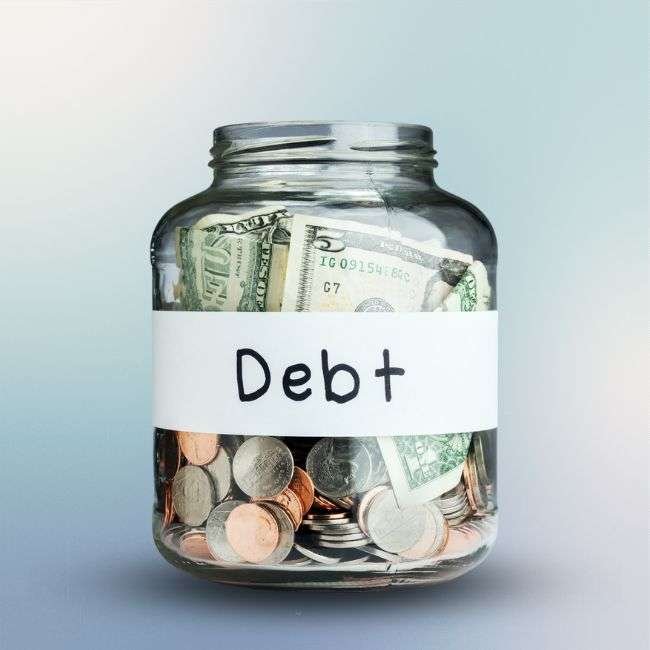Budgeting Your 13th Month Pay Against The World


The time has come, and Aegis’ greatest hit, Christmas Bonus, must be ringing in your ears right now. You must be waiting for this year’s best part, or your boss must have given it to you already. You can consider the past-present-future trick and the 60-40 rule to break down your priorities (and tame your spending habits, maybe). The 60-40 rule is where you allocate 60% to your committed expenses and 40% to your personal funds. Save yourself from budol and make the value of your hard-earned 13th month pay with these helpful tips.
Past
Pay Off Your Debts
Have you promised someone that you would pay them when you receive your 13th month pay? Well, today’s the day. Debts should be under the personal fund of 40% so you can make even the minimum payment and still be able to budget your remaining finances.

Debts could potentially harm credit scores, relationships, and mental health, so pay it for your peace of mind too. We don’t want to welcome the New Year with bad vibes and a debt avalanche, right? If you’re fortunate enough not to have debts, you can proceed to this next tip.
Present
Reward Yourself
Here comes the most exciting part of spending your 13th month pay. If you’ve been eyeing that brand-new phone or appliance for a while, it’s now time to follow your heart and add to cart! Or perhaps you’ve been dreaming of a vacation trip? Just note that it should only take a portion of that 60% committed expenses. A reward is an acknowledgment of your whole year’s perseverance and an inspiration to work harder in the future. You deserve it!

Holiday Expenses
It’s inevitable to spend more than usual during the holiday season. Ignite the Christmas spirit by buying gifts for your loved ones and keeping a budget for the Noche Buena feast. Remember to take advantage of those Christmas sales and always stick to your list. You can leave the worry during this holiday gift-giving season by checking out this Christmas gift guide. A word of caution: Don’t overspend the 60% of your 13th month pay; you’re not a millionaire’s child, darling.

Future
Emergency or Opportunity Fund
After paying your debts, allot the remaining 40% of your 13th month pay to these funds. Having at least 3-6 months’ worth of emergency funds is important so there’s money available for unforeseen situations, like getting laid off or a family member getting sick. If you also have future business plans to increase your cash flow, it’s always better to prepare so you could start whenever you’re ready or when the right start-up idea comes right in.

Savings
This also comes hand in hand with an emergency fund. But specifically, savings are for planned goals and intentions like retirement, going on a trip abroad, buying a house, a new car, or any property. It is an essential aspect of our lives that can secure our financial freedom and future. You can check out PAG-IBIG’s MP2 (Modified Pag-Ibig II) Savings and GCash’s GSave.

Insurance or Investments
This part is only optional if you have leisure money to spend. We know that the current minimum wage is not that impressive, so your insurance should only take a maximum of 5% from your 13th month pay or monthly salary. For investments, you can try GCash’s GInvest or Maya’s Crypto. The bank is just a mere parking lot for your sleeping money because it doesn’t gain much interest, so do these if you want your money to work for you.

Have you received your 13th month pay? Where do you plan to spend it? Let us know!
Ronnabelle goes by the nickname, Ron; a queer introvert who loves to learn new things on her own. Has a passion in graphic design and writing, and is interested in niches like food, anime, and pop culture.











